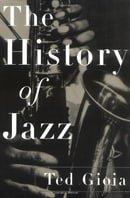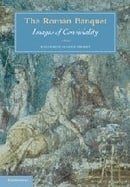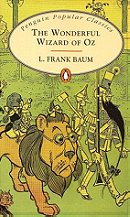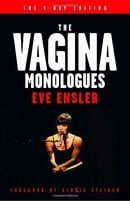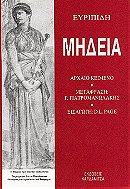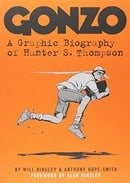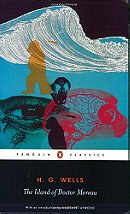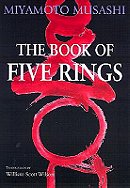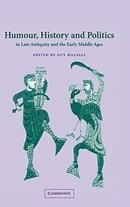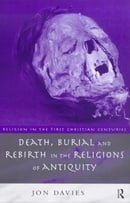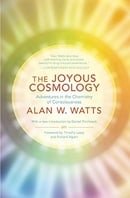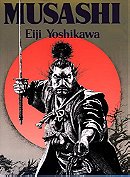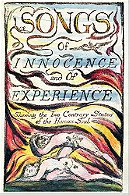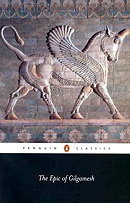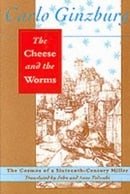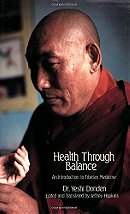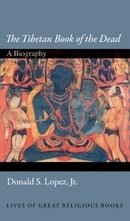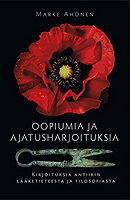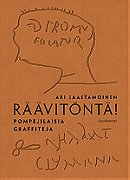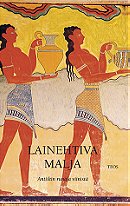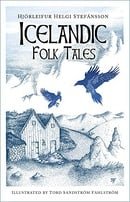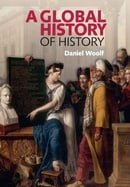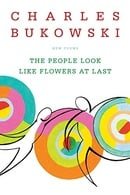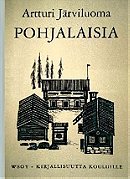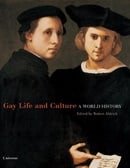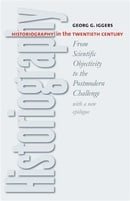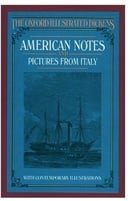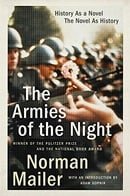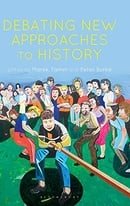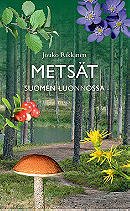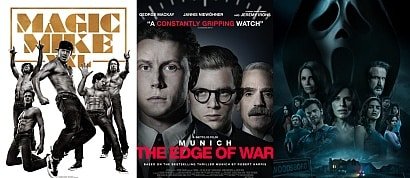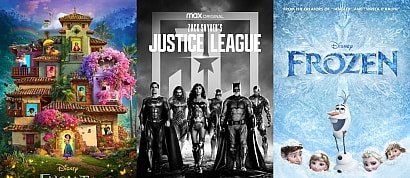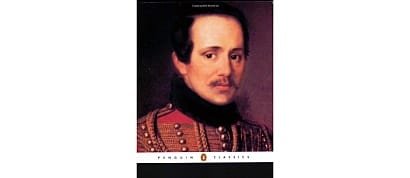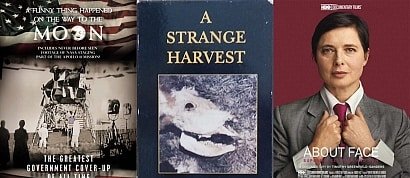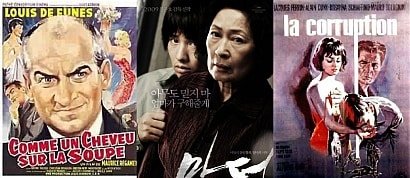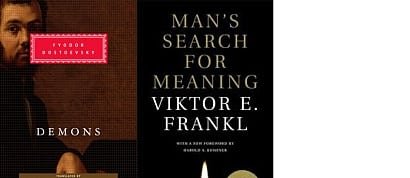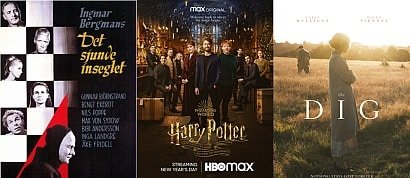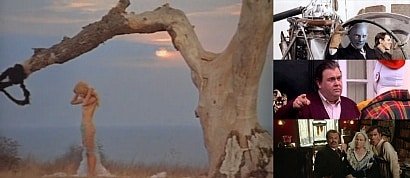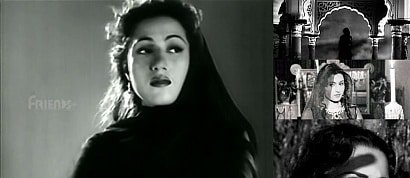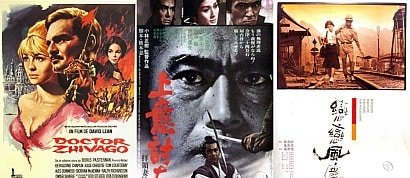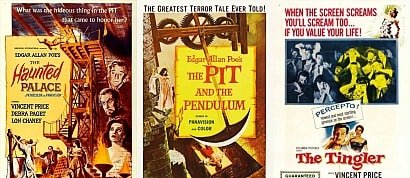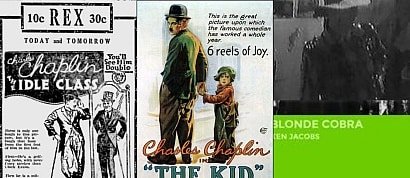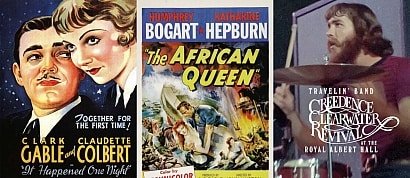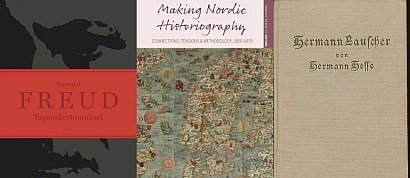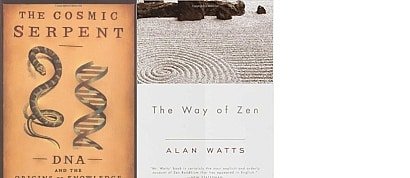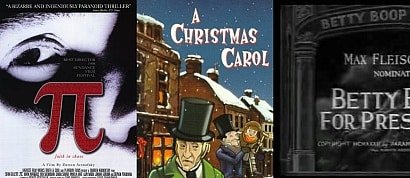Read in '21
Sort by:
Showing 38 items
Rating:
List Type:
Keaster's rating:


The Wonderful Wizard of Oz (Oz #1) - L. Frank Baum
I must say that I was not particularly impressed by the Wizard of Oz. I've seen the film only once over a decade ago and don't remember being that much fascinated by it neither, albeit I didn't dislike it either. Be that as it may, I decided to pick up the book when I came across it in a local second hand book store for a few euros, it being a huge influence for numerous figures of culture and their works in the last century in the States.
What's wrong it it then? Well, the problem in my opinion is to be found in the introduction, when Baum states, that "it aspires to being a modernized fairy tale, in which the wonderment and joy are retained and the heart-aches and nightmares are left out." Now, why would I like to read a book, or have an art experience, that does not have the contrast, that doesn't have even a tiny tension between the black and the white, the bad and the good, et cetera, and that, thus, lacks soul, or at least an essential part of it? I thoroughly enjoy reading children's books such as the Moomin, the Wind in the Willows, the books of Astrid Lingren or Alice in Wonderland, because these have the whole of the universe in them, put in simplified, fantastic, out-of-this-reality forms, with characters that you can identify with despite their alienness to our surrounding everyday reality. And our universe and the characters inhabiting it HAVE that darkness and those nightmares in them that we all know from our own lives too. That is what makes up our experience here on Planet Earth, and gives a meaning to our lives, and to those moments of ecstasy that we are all after, one way or the other, and to those more quiet times and eras, when everything just simply is well and alright. Without the horrible times, moments, feelings, things and people we all experience and some part and time of our lives, we wouldn't have the contrast to appreciate these things.
And the problem in Wizard of Oz is precisely that is lacks this contrast. I don't want to read about a world where nothing is threatening, dangerous, weird, evil, frightening, sad. Surely there are some moments in Oz, too, that have a kind of promise of something like this building up, but they are always resolved very fast, and without any true tension formed before the catharsis breaks it again down. It just simply doesn't stay interesting, and its core, in my impression, is hollow.
What's wrong it it then? Well, the problem in my opinion is to be found in the introduction, when Baum states, that "it aspires to being a modernized fairy tale, in which the wonderment and joy are retained and the heart-aches and nightmares are left out." Now, why would I like to read a book, or have an art experience, that does not have the contrast, that doesn't have even a tiny tension between the black and the white, the bad and the good, et cetera, and that, thus, lacks soul, or at least an essential part of it? I thoroughly enjoy reading children's books such as the Moomin, the Wind in the Willows, the books of Astrid Lingren or Alice in Wonderland, because these have the whole of the universe in them, put in simplified, fantastic, out-of-this-reality forms, with characters that you can identify with despite their alienness to our surrounding everyday reality. And our universe and the characters inhabiting it HAVE that darkness and those nightmares in them that we all know from our own lives too. That is what makes up our experience here on Planet Earth, and gives a meaning to our lives, and to those moments of ecstasy that we are all after, one way or the other, and to those more quiet times and eras, when everything just simply is well and alright. Without the horrible times, moments, feelings, things and people we all experience and some part and time of our lives, we wouldn't have the contrast to appreciate these things.
And the problem in Wizard of Oz is precisely that is lacks this contrast. I don't want to read about a world where nothing is threatening, dangerous, weird, evil, frightening, sad. Surely there are some moments in Oz, too, that have a kind of promise of something like this building up, but they are always resolved very fast, and without any true tension formed before the catharsis breaks it again down. It just simply doesn't stay interesting, and its core, in my impression, is hollow.
Keaster's rating:


Keaster's rating:


Keaster's rating:


Keaster's rating:


Keaster's rating:


A Global History of History - Daniel Woolf
A small mammoth of a book about the, well, history of history. Impressive is the scope that Woolf has bravely taken by deciding to focus on literally everywhere in the globe and at all times. Not an easy task, but Woolf manages it better than one could imagine by tackling simultaneously the shifting currents of historiography in Europe since the classical Greece, in China since the Han, in Near East since the Assyrians, the Islamic world since its dawn, India, Korea, Japan, and the pre-Colombian and early-conquest America, including also the latest trends in postcolonial and gender history, and others. So... you know... lots. of. stuff.
But it stays compact, and is definitely readable, as long as you don't have to worry about remembering every single bit of information in the book. Because that would require some kind of alien brain structure that at least I do not possess. Especially interesting, in my opinion, is the chapter about the Americas before and directly after the conquest. Fascinating stuff. Florentine codex, here I come... eventually.
And the bibliography, man... if Woolf has read even a small part of the stuff mentioned, then I don't know how he has had time to do anything else, like, ever.
But it stays compact, and is definitely readable, as long as you don't have to worry about remembering every single bit of information in the book. Because that would require some kind of alien brain structure that at least I do not possess. Especially interesting, in my opinion, is the chapter about the Americas before and directly after the conquest. Fascinating stuff. Florentine codex, here I come... eventually.
And the bibliography, man... if Woolf has read even a small part of the stuff mentioned, then I don't know how he has had time to do anything else, like, ever.
Keaster's rating:


On the Advantage and Disadvantage of History for Life... - Friedrich Nietzsche
Good old Freddie rambles on about the past and its (also non-)utility with a fascinatingly (post-)modern frame of mind, considering this was written in the late 19th century when the whole field was almost completely dominated by Rankean (in our eyes) conservativist and relatively straightforward approach to sources, and the general view about times past regarded them as self-evidently factual, to be brought to the light of universal Truth via rigorous scientific method. Nietzsche is funny because he has humor and honest enthusiasm and passion which he isn't afraid of showing, and, as the title implies, in its pure essence a humanistic message (at least in this particular work) regardless of what later commentators would like to make of him.
Keaster's rating:


The People Look Like Flowers At Last: New Poems... - Charles Bukowski
I hadn't read Bukowski in years when I stumbled upon this posthumous collection of his poems in the library and decided to pick it up to be read in the shitter, which is a very good environment for reading the man I must say.
I was a tad surprised to find that from all the poems I've read from him, this collection included easily some of his best. No surprises here of course for anybody who's read even a bit of him, but the poems are well-composed, they flow well in their honest simplicity, and have a good sense of humor and sympathy in them for all of those who haven't had it that easy – a sympathy that by rule absolutely never escalates to pity. Bukowski's reflections and meditations about his upcoming death are worth paying attention to, and it's beautiful to see how it often moves even the man himself in trying his wings in a bit more abstract, lyrical expression, that generally works well also. Even though his style is like the bedrock itself in its staticness, not that it wouldn't flow but in the sense that it certainly doesn't change, the collection still stays surprisingly fresh and unrepetitive throughout.
I was a tad surprised to find that from all the poems I've read from him, this collection included easily some of his best. No surprises here of course for anybody who's read even a bit of him, but the poems are well-composed, they flow well in their honest simplicity, and have a good sense of humor and sympathy in them for all of those who haven't had it that easy – a sympathy that by rule absolutely never escalates to pity. Bukowski's reflections and meditations about his upcoming death are worth paying attention to, and it's beautiful to see how it often moves even the man himself in trying his wings in a bit more abstract, lyrical expression, that generally works well also. Even though his style is like the bedrock itself in its staticness, not that it wouldn't flow but in the sense that it certainly doesn't change, the collection still stays surprisingly fresh and unrepetitive throughout.
Keaster's rating:


Pohjalaisia - Artturi Järviluoma
Historically an interesting piece that reads easily, but the plot and the characters are somewhat rigid, often a bit hollow or overly simple, and they do unbelievably lot of melodramatic hence stupid things.
Keaster's rating:


Gay Life & Culture: A World History - Robert Aldrich
A readable collection of essays about the history of homosexuality and of the different forms of queerness throughout the times. Especially interesting are the essays about antiquity, premodern Eastern world (!!!), and various indigenous cultures around the globe whereas the chapters about premodern and early modern Europe tend to get rather boring rather fast. Also when reading this kind of specialized history with a focus on a heated subject, such as various non-normative expressions of sexuality, it does feel that the researchers are so keen on looking for signs of their subject matter everywhere, that they occasionally see it in places where it does not necessarily exist, or where the interpretation is so loose because it is based on such circumstantial evidence that it cannot really be verified nor falsified, that it makes one wonder if there is a point in even presenting it. Well, sometimes there is, because there are times the evidence from older eras on such controversial subjects as this is so scarce that one simply has to make some assumptive leaps, but with this I felt that the writers were also doing it when they didn't have to out from lack of other sources.
Keaster's rating:


I do have to admit that reading this was more than often a bit annoying because of Benjamin's extremely random though very lyrical style of writing. It's also packed full of meaning and abstract terms and concepts one after another, with many often overlapping in a single sentence, that it is really quite of a mental exercise to read him and try to understand as much as possible. He's got interesting ideas for sure, to say the least, but the multiple chapters about proletariat (usually rambled about on the side of some other major subject) and so on did get a tad repetitive in my opinion. The rating is of course, as always, based rather on my actual personal experience of reading the book than my opinion of the author's literary merits (or lack of such, though with Benjamin even thinking of such feels like an insult only a complete idiot would make).
Keaster's rating:


The various currents, movements, minor and major earthquakes, persons involved and everything in between of philosophy of history/historical theory from Ranke to the turn of the millennium... in about 150 pages. So yeah, its _quite_ packed, to say the least, but pretty readable and understandable anyways, which is quite of an achievement. The subject matter is very interesting, and its fascinating to follow the different lines of thought that various historians decided to follow and act on (and fight about) in their research into the times gone by.
Keaster's rating:


The Great War – July 1, 1916: The First Day of the Battle of the Somme – An Illustrated Panorama... - Joe Sacco, Adam Hochschild
A haunting, moving, stopping piece of art about one of the most hellish places on planet Earth for a human being to be in, ever. Ever.
Keaster's rating:


Well the artistic and lyrical values of the text are those of your typical new age/self-help literature, that is, non-existent, or rather, on the negative and prone to generate annoynment on the aware, independently thinking reader. However, the factual content is, I have to admit, worth paying attention to. It is of course a different thing to read about these ancient and, at their best, transcendental sexual practices and techniques from a Western self-help book than it is to study them straight from their indigenous source, where they form an integral part of a complete, enormous philosophical system regarding the order of the universe and the things and entities in it, BUT, I dare argue, if the reader, from previous experience, has some kind of general idea about the concepts and ideas in question and knows how to interpret this highly westernized information, this book can be a very useful guide and pointer to the direction that is DEFINITELY worth taking to pretty much for everyone, in my opinion.
Keaster's rating:


American Notes and Pictures From Italy (Oxford Illustrated Dickens)... - Charles Dickens
The amusing notes and subsequent literary renditions of Dickens from his travels to the States and to Italy around the middle of the 19th century. He is (obviously) an excellent writer with a sense of humor and a vision, and the books read well. I also kinda like this oldish English with its weird and unnecessarily complex, long sentences... which is funny, because precisely for the same reason I often loathe to read the kind of academic text where you can see that the writer has almost deliberately made it more complex than it needs to be. But with old English (and with many other languages too) the time gap rather makes it amusing and entertaining than frustrating... well, depending on what you're reading of course.
Keaster's rating:


Viiden aistin todistus - Arto Melleri
Excellent reading for the shitter! Beautiful and often very decadent poems, impressions and mindscapes by the late quintessential Finnish bohemian author Melleri.
Keaster's rating:


Norman Mailer was an interesting personage. At times a horrible and repulsive egoist (check out his interview in the Dick Cavett Show with Gore Vidal from '71 for example), while at his best, as he is here in his much lauded Armies of the Night, an extremely intelligent writer with a keen observational eye and a capability for seeing and understanding every side of a complex situation with lots of factors simultaneously in effect. His sense of humor and self-irony are hilarious, as is his decision of writing himself into the narrative... in third person. It is impossible not to notice how very fond the man is of his own voice and hence he occasionally does lapse into his rambling mode, but luckily those moments are brief, and the overall whole stays compact and is very readable.
Keaster's rating:


For school. The book introduces about 10 different contemporary subcategories of historical research, such as digital history, neurohistory, posthumanist history, history of memory and of things. The subject matter is quite interesting indeed, but many of the writers have way too much of a fondness for unnecessarily complicated academic jargon, so mostly the actual process of reading the book was not as great of a pleasure as it had the potential of being.
Keaster's rating:


Metsät Suomen luonnossa - Jouko Rikkinen
Forests. Love 'em, but I recently realized that I don't know nearly enough about them, so I decided to start learning. It's a good introductory piece, definitely not a mind-blower, but it's got valid basic information about the different forest types of Finland with pictures.
Keaster's rating:


People who voted for this also voted for
My trips to the cinema 2022
Film Journal 2021
Darth Brutus's Bigger & Badder Book Diary 2022
doctor umentary (documentaries list)
Movies watched in 2021
Just Another Book Diary (2023)
Watched films in 2025
my 2021 movie diary ✿
Watched...in 2022
Albums I listen for the first time in 2021
my painful to read 2019 movie diary
Retro Horror Movies, Bollywood Style ॐ
Movies watched in 2021
Vincent Price: The Malicious Master of the Macabre
The Big Movie Watch List of 2021
More lists from Keaster
 Login
Login
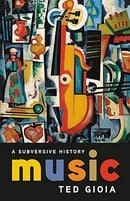
 1
1
 10
10
 0
0

